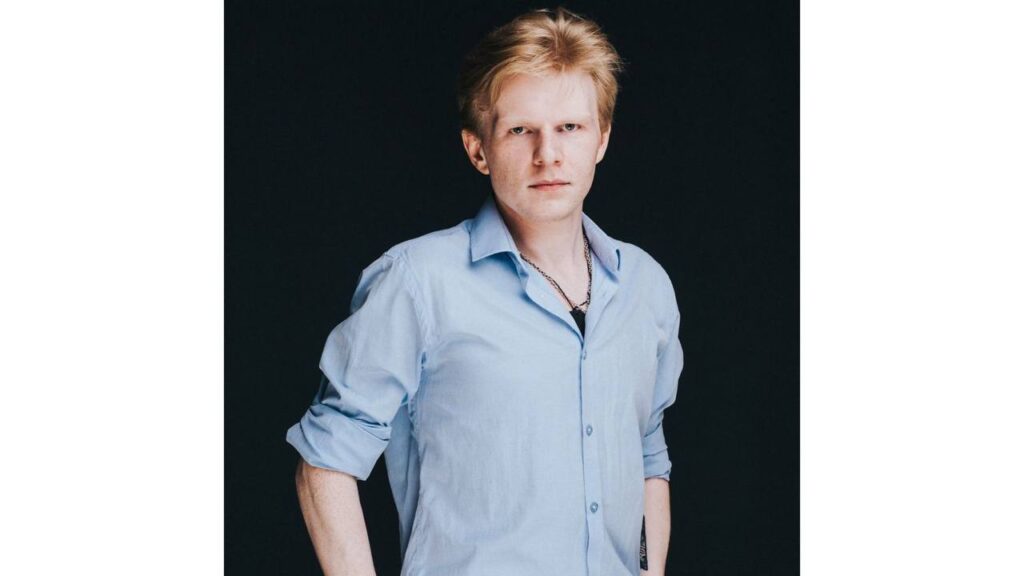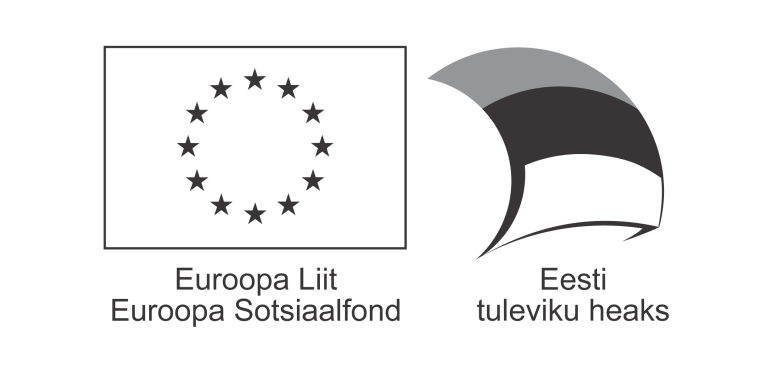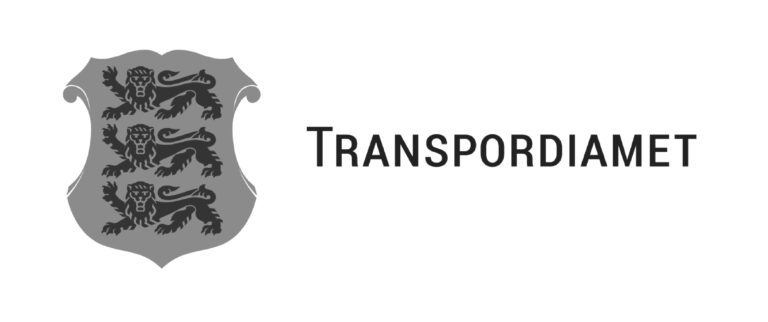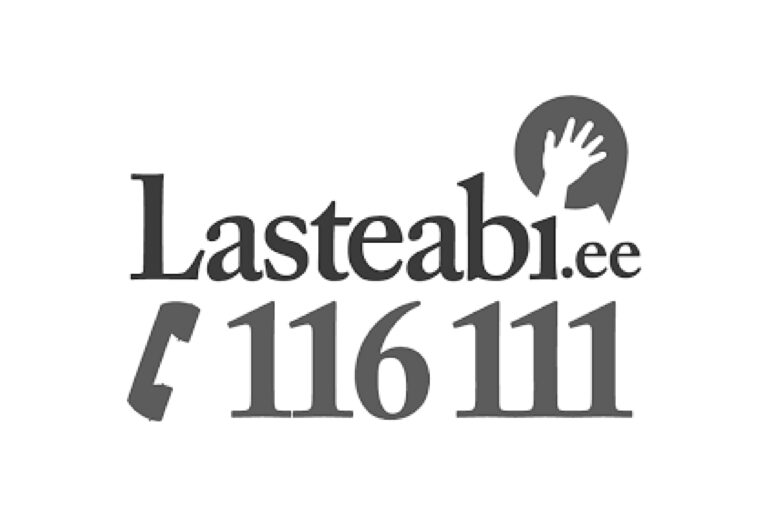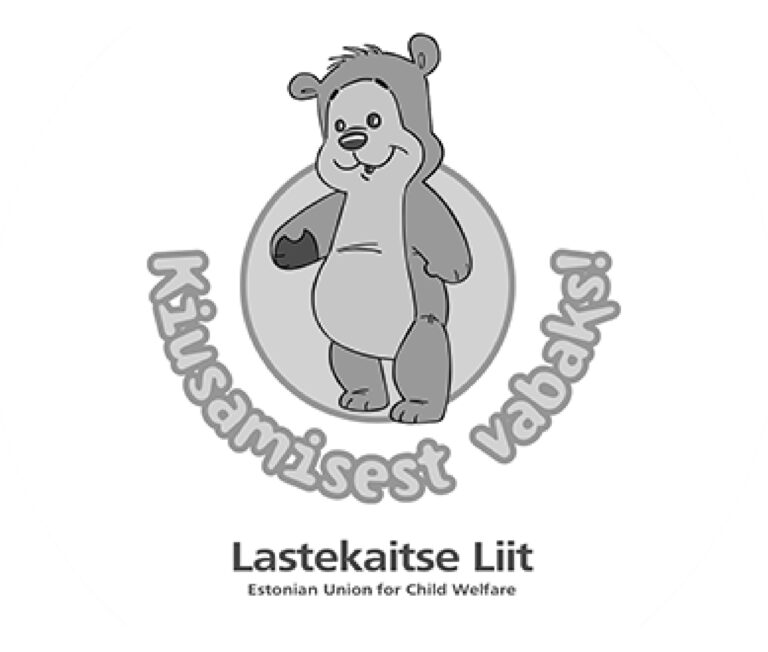We have an opportunity to get to know the creative and musical world of Studio89’s manager and founder Franck Reiner. He will tell us about his roots having grown up in a musical family, and share his experience in developing a studio and working with Ukrainian and Estonian musicians.
Tell us about what you do and how you came to work in music.
— I am the founder and manager of Studio89. My everyday responsibilities include taking care of my team’s wellbeing, making various financial decisions and developing the studio as an environment in terms of technology, personnel and as an ecosystem overall. I look for larger partnerships, I come up with ideas for creating and supporting projects, inviting musicians, bringing in international clients. Constant self-development and expanding my knowledge in many fields is hugely important.
I was born in a family of musicians, which means I was never that good at things other than music, I didn’t know how to work hard to excel in something else. Perhaps I was impatient and wanted to see results too soon.
Tell us briefly how you came to the work that you are currently dedicating your life to.
— While studying IT in university I felt that I was studying something useful but for the entirely wrong reasons. Since sound was something I was always interested in, I decided to return to it and look into the profession more thoroughly. I found a mentor, who took me to concerts and recording sessions as an assistant, to observe and enjoy the process. One day he told me that if I want to seriously work in the industry, I just have to get started. He gave me directions for the first steps, and my own company was started with the aid of EAS funding.
How do you think an a creative person find a viable creative identity in the current age?
— Good question! If there was one formula it would definitely be much easier. I think creative identity is intertwined with personal identity, meaning that you have find yourself first. Then you have to find courage and consistency, stay confident in yourself and understanding towards others.
What music do you personally prefer? Do you have many Estonian artists in your playlist?
— I don’t have a preference in terms of style, I tend to look for meaning in the tracks. It could manifest in different ways, not just words. If a track makes me think and wins over my attention then I consider it to be good.
Probably because of my profession I tend to use playlists for work, not for listening to music recreationally. That’s why I don’t really save my favourites, besides those change very often. But there’s a fair share of Estonian musicians in the “playlist of my mind”.
What is contemporary Estonian music to you? What makes Estonian music different from the music of other cultures and nations?
— It’s hard to identify a common denominator throughout genres, but I have a feeling that there’s a lot of experimentation. One very positive thing is the emergence of a culture of collaborative creation, and I hope that it will continue to grow!
Maybe what’s unique about Estonian music in an international context are our traditions that we have managed to remember. We know how to use them to tell a story. I have a feeling that we have and ability to put attractive messaging into music.
Can you identify any similar tendencies in the choice of style and instruments among Estonian artists?
— I cannot, but I do like it that traditional instruments are being used in contemporary work – for example Puuluup or Duo Ruut, I would love to work with both of them and see what other sounds could be produced with the instruments, how they could be used in their work.
What Estonian artists have you enjoyed working with the most? Have you had experience working with foreign musicians?
— I feel like everyone who has worked on a big project here has been fantastic to work with. We maintain the strongest connections with Svjata Vatra, OLLIE writes and produces here often at the moment, Uku Suviste, from time to time we do projects with some ERSO musicians which is always great.
There have been guests from abroad too, producers and musicians both, and the experience has been sublime. I was left with an impression that the bigger the celebrity that visits us, the more down to earth and friendly they are.
Do you have some experience working with Ukrainian musicians? What could you say about working with them?
— I’ve had some experience! Very easy to work with, friendly, direct and with a warm heart. We always found it easy to find a common sense of humour with Ukrainians. Passionate self expression as well, which is good. The most important thing are always expressed which makes the work process faster. No need to guess if the person is hinting at something between the lines but won’t say out right that they don’t like something.
What similarities and differences have you noticed in your work with Ukrainian and Estonian artists?
— I think that emotionally we are similar, but culturally Ukrainians live externally and Estonians internally. Both manners have their individual quirks the extreme expressions of which have to be directed to improve the creative output.
Your top 5 Estonian artists. Whose work would you recommend Ukrainian youth familiarise themselves with?
- Estonian Voices
- Duo Ruut
- Ruja
- Nöep
- Arvo Pärt
You can listen to an exciting playlist with Estonian and Ukrainian songs by clicking on the Spotify link.
The article was compiled by the creative project Artsitch in 2023.
Photo: Jake Farra
